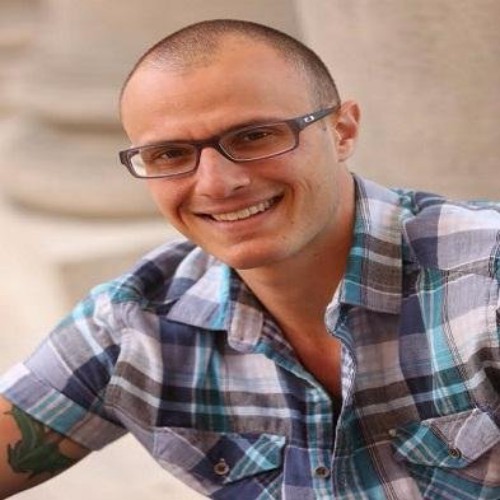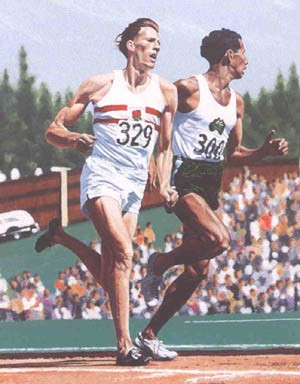When you first hear the word “practice,” what comes to mind?
Perhaps you thought of an athlete doing drills in between games, or a musician playing scales on a piano to prepare for a recital. This is how I thought about practice for a very long time.
But lately I’ve been thinking about, and even experiencing, practice as something much broader. You can apply the art of practice to anything at which you strive to get better — whether that means shaving two minutes off your marathon finishing time, becoming a stronger, kinder, and wiser person, or more gracefully moving forward amidst uncertainty.
Practice means approaching something deliberately, with presence, and with the intention to improve and grow. Anything you value can be a practice.
You can have a writing practice. A legal practice. A medical practice. A running practice. A parenting practice. A management practice. A coaching practice. A teaching practice. An artistic practice. A meditation practice.
The possibilities are endless, but they all have one thing in common: when an activity becomes a practice it shifts from something you are doing at a point in time to an ongoing process of becoming. The former lends itself to “good” or “bad” judgments, forgetfulness, and discontinuity. The latter lends itself to integration, continuous learning, and wholeness.
When you immerse yourself in a practice you still have acute ups and downs, but they are merely part of a much larger process. And it is the larger process that matters. Not even the outcome of that process, but how you go about being in the process itself.
When an activity becomes a practice it shifts from something you are doing at a point in time to an ongoing process of becoming.
Take moment to reflect on the things you do regularly, that you consider a big part of your life. Do you currently approach them as practices? If not, what might change if you did?
And then ponder this: Ultimately, perhaps it’s all a practice. The pinnacle of integration, continuity, and wholeness? The practice of living.
Thanks for reading! If you found this valuable, please follow me on Twitter @Bstulberg and consider subscribing to my weekly newsletter, where this essay first appeared.
Originally published at medium.com


